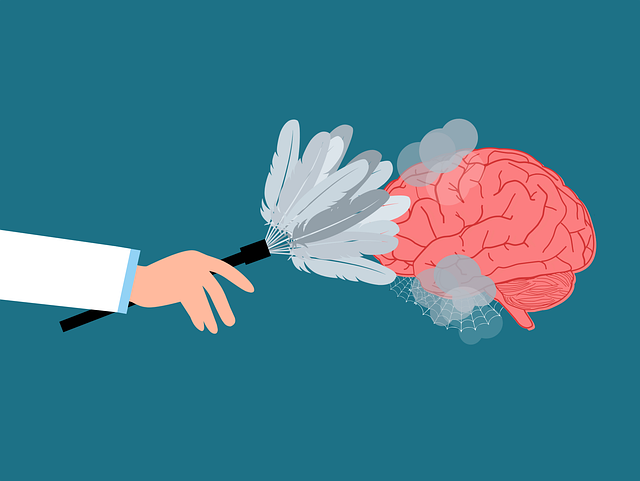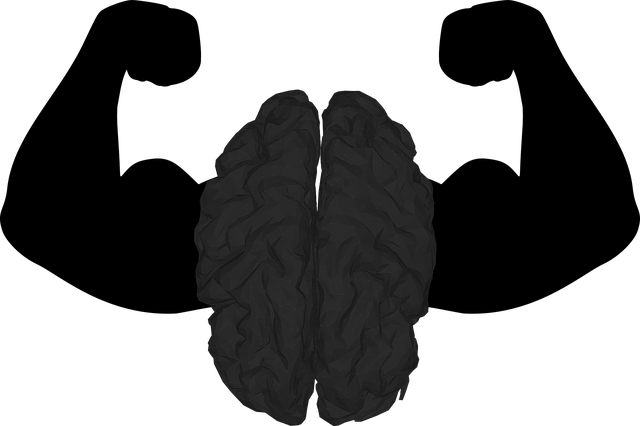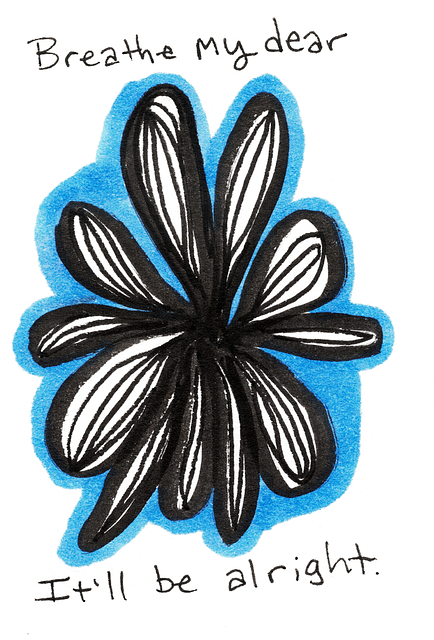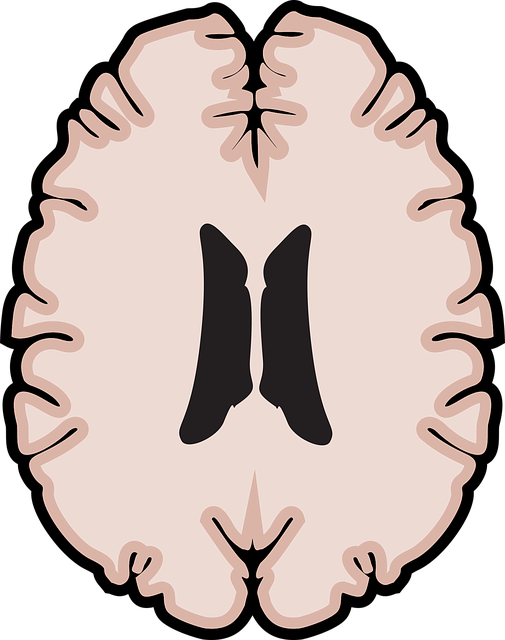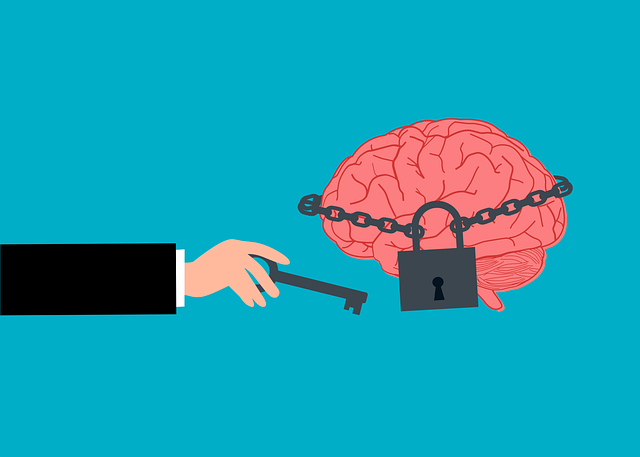Louisville Cognitive Behavioral Therapy (LCBT) is an innovative approach that combines cognitive and behavioral strategies with the RFM framework—Recovery, Resilience, and Mental Fitness—to build emotional resilience. By incorporating techniques like journaling, stress management workshops, and goal-setting, healthcare professionals can enhance self-awareness, prevent burnout, and improve patient care. LCBT's unique method, focusing on achieving goals, confronting obstacles, and engaging in meaningful activities, fosters long-term mental wellness and resilience.
“Uncover the power of Resilience through RFM (Recovery, Flexibility, and Mastery). This comprehensive guide explores how Louisville Cognitive Behavioral Therapy leverages RFM principles to enhance mental resilience. Discover effective exercises designed to fortify your mindset against life’s challenges. Learn how these strategies, tailored from proven therapeutic practices, can help you navigate difficult situations with ease. Embrace a transformative journey towards emotional well-being and cultivate lasting resilience.”
- Understanding RFM and Its Role in Resilience
- Exercises to Build Mental Resilience Using RFM Principles
- Louisville Cognitive Behavioral Therapy: Integrating RFM for Effective Healing
Understanding RFM and Its Role in Resilience

Resilience is a vital asset in today’s demanding world, especially within the healthcare sector where professionals often face high-stress environments. RFM, or Recovery, Resilience, and Mental Fitness, is a framework designed to empower individuals to navigate challenges and promote mental wellness. Louisville Cognitive Behavioral Therapy (CBT) therapy techniques play a crucial role in this process.
By utilizing RFM principles, healthcare providers can develop effective burnout prevention strategies. This involves incorporating exercises like mental wellness journaling to enhance self-awareness and coping mechanisms. Stress management workshops organized by CBT professionals offer valuable guidance on managing stress levels. These initiatives contribute to building resilience, ensuring that healthcare providers can maintain their well-being and deliver optimal patient care.
Exercises to Build Mental Resilience Using RFM Principles

Building mental resilience is a crucial aspect of maintaining good emotional well-being, and Louisville Cognitive Behavioral Therapy (CBT) offers powerful tools to achieve this. By incorporating exercises based on RFM principles—Reach, Resistance, and Meaning—individuals can enhance their ability to navigate life’s challenges. Reach involves setting achievable goals that encourage personal growth, fostering a sense of accomplishment and increasing motivation. Resistance training teaches individuals how to confront and overcome obstacles, strengthening their mental fortitude. Meaningful activities help clients find purpose and connection, which are essential for building resilience over time.
These principles, when applied through CBT techniques, offer effective emotional well-being promotion strategies. Mood management becomes more attainable as individuals learn to challenge negative thoughts and engage in activities that cultivate a positive mindset. Crisis intervention guidance can also be tailored using RFM, providing clients with the skills to de-escalate situations and make thoughtful decisions during distressing times.
Louisville Cognitive Behavioral Therapy: Integrating RFM for Effective Healing

Louisville Cognitive Behavioral Therapy (LCBT) offers a unique and effective approach to healing by integrating Risk, Functionality, and Meaning (RFM) principles. This innovative method goes beyond traditional therapy techniques, focusing on identifying and enhancing individuals’ resilience through a structured framework. By combining cognitive and behavioral strategies with RFM analysis, LCBT helps clients navigate their emotions and experiences more effectively.
The therapy sessions are designed to promote emotional well-being and mental wellness, empowering individuals to manage stress and adversity. This approach is particularly beneficial for those seeking holistic healing. Moreover, the integration of RFM in therapy sessions contributes to the overall success of treatment, ensuring that clients develop sustainable coping mechanisms and a deeper understanding of their psychological resilience. This method also serves as an essential tool for mental health professionals, enhancing their risk management planning and production capabilities within the Mental Wellness Podcast Series.
In conclusion, integrating RFM (Resilience-focused Mindfulness) principles into therapy practices, such as those offered by Louisville Cognitive Behavioral Therapy, proves to be a powerful approach for building mental resilience. By understanding the role of RFM in fostering adaptability and coping mechanisms, individuals can navigate life’s challenges with enhanced emotional well-being. The exercises outlined in this article provide practical tools to strengthen one’s resilience, ultimately leading to improved overall health and a more fulfilling life.


